Babies experience the world mouth-first. During this exciting time when your baby is beginning, or about to begin, sampling all kinds of new foods, here’s what you should know about food allergies.
-
Search
-
Login
-
My Cart







